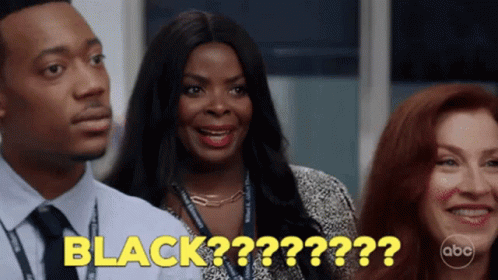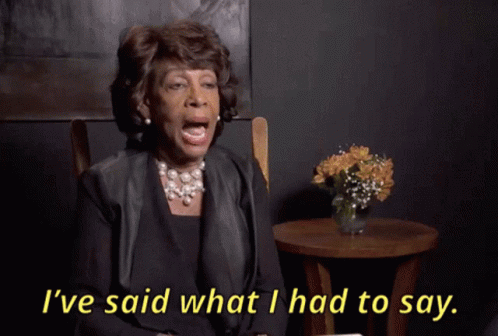Welcome to "Keep Your Change"
Grab your cup of tea, put on your sleeping bonnet, and get ready for the party

Let’s face it: theatre continues to be one of the most inaccessible art forms in America. Not only to pursue, but also to see.
To be honest, much hasn’t changed since Elizabethan times, when white actors played the Famously-Dark-skinned Othello and the affluent had the most access to theatre and the arts and…I don’t know…could throw apples at actors? (Desi: I know I’m probably getting my time periods wrong. Big apologies to my college theatre history teacher. After that “Death of a Salesman” incident, a future where audience members throw fruit at actors might be close at hand.) (Ekemini: Time is a flat circle.) While present-day TodayTix lotteries and a stronger (though not absolute) aversion to Black-/Brown-/Yellow-/Redface are advancements from the English Renaissance theatre scene, (Off-)Broadway shows are still inaccessible to large swaths of people.


Too often, historically white institutions want audiences full of young Black and brown theatre artists without first investigating how to cater to us. Instead, they are stuck being perpetually baffled as to why audiences aren’t looking how they want them to look. And when we, Black and brown folks, try to supply the answers, we get reprimanded for it.
If they want us in the audience so badly, why have our voices not been heard on the kinds of work we want to see? On the productions that excite us or the ideas that spark conversations within our community? Or even just how to make it such that the average theatre patron isn’t an upper-class, middle-aged, white woman? It’s unnerving to speak out in an industry where conversations on rehearsal processes are met with harassment and violence (even from those involved), Black women are ignored when pointing out problems while giving solutions, or jobs are at risk for calling out abusive boards. It’s hard to be the minority speaking out on practices or people that have tended to be the majority. Point. Blank. Period.
There is also something to be said about Broadway’s on-again off-again relationship with POC-centered shows. We get the representation we’ve been fighting for, but only for a month or two. We can’t ignore the factors that seem to perpetuate this pattern, (@the criticism world.) No show is above criticism, and we’re not saying that white critics are’t “allowed” to review POC shows. But oftentimes white critics refuse to acknowledge their own subjectivity, and default to downing anything they don’t understand as “objectively” bad. Now, representation in-of-itself is an inadequate goal. A show doesn’t succeed (dramatically, socially, emotionally) just because the cast isn’t white. But it’s hard to interrogate these deeper questions when POC shows don’t have a fighting chance to even run.
We won’t let our voices be silenced. And because theatre is supposed to be, for lack of a more descriptive word, a “fun” experience, we’re here to just talk the talk on what you should be seeing, and what you should be skipping. As you’re reading, we hope you imagine one of our writers talking to you in your living room after watching a show together. Or on the subway ride back home. Or before the show over dinner at Junior’s.
Thanks to our swanky little rating system for those who do not have disposable income, we ask what monetarily driven necessity should you give up for an otherwise priceless experience. Here’s how the system works:




The creation of this platform is not to discount the lengths that institutions have gone to make theatre more accessible in recent years. We’re willing to give out a finite number of cookies to theatres that are participating in programs like Thee Open House Project or The Harriet Tubman Effect’s Broadway initiative, engaging in various rush ticket opportunities, or expanding their educational efforts to bring students into the fold of audience membership.
We both love what we do for a living and are grateful we can ~somewhat~ survive off of doing purely theatre-related activities. (Ekemini: I’m really stretching the definition of what could be considered “theatre-related”). And because we love what we do so much, we find it essential that we create a space that is open, raw, and honest about the world we are so immersed in. We hope you come along for the ride.









Brilliantly articulated! Thank U! 🙏🏾 💘✊🏿